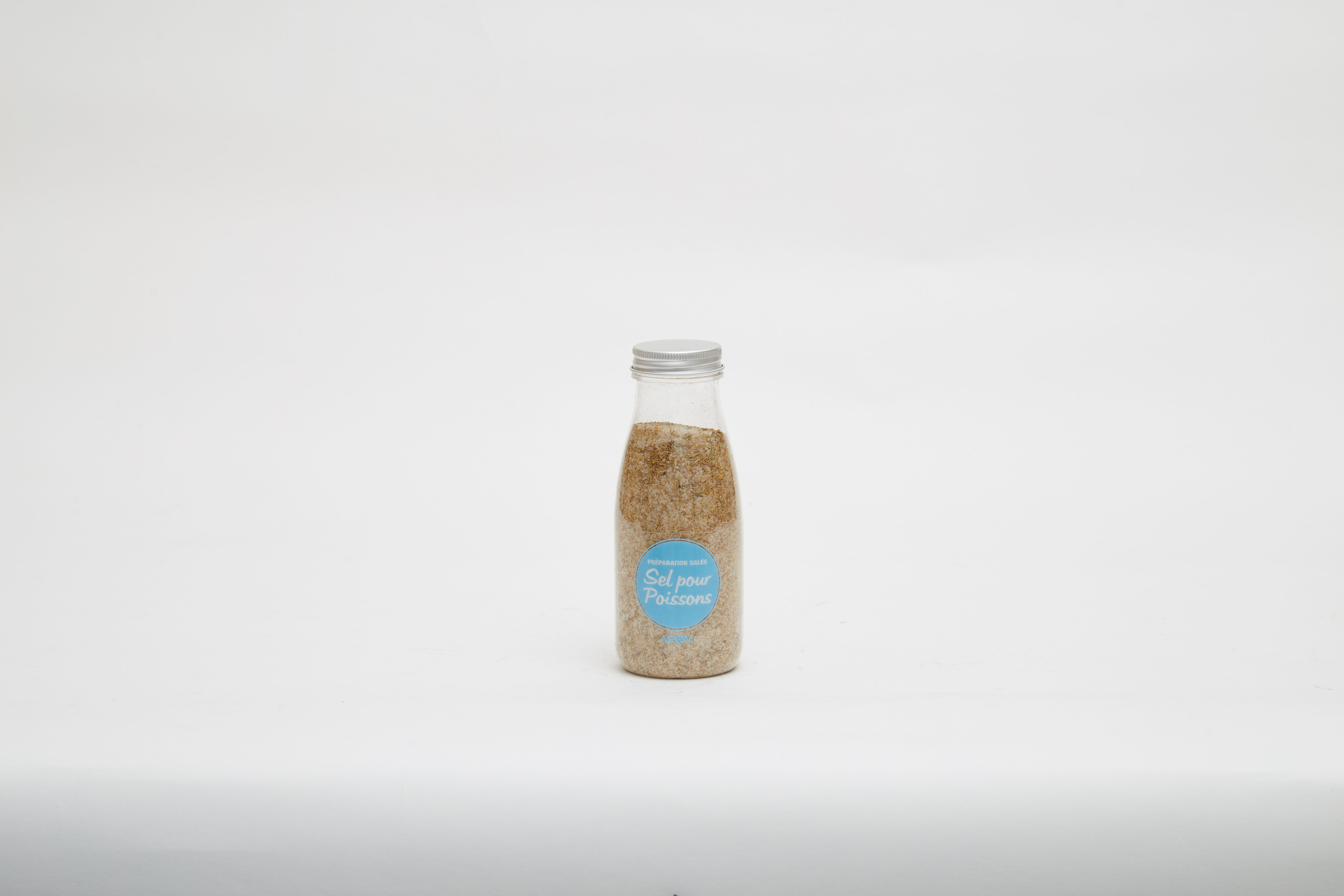Préparation culinaire au Sel pour poisson - A'ROM - 390 g
This product page is not complete. You can help to complete it by editing it and adding more data from the photos we have, or by taking more photos using the app for Android or iPhone/iPad. Thank you!
×
Barcode: 3700389712606 (EAN / EAN-13)
Common name: Préparation culinaire au Sel pour poisson
Quantity: 390 g
Brands: A'ROM
Categories: Plant-based foods and beverages, Plant-based foods, Condiments, Spices, Peppers, Salts, Groceries
Origin of ingredients: fr:U.E.
Manufacturing or processing places: FRANCE
Traceability code: EMB 13119B - Carnoux-en-Provence (Bouches-du-Rhône, France)
Countries where sold: France
Matching with your preferences
Health
Ingredients
Food processing
Additives
Ingredients analysis
The analysis is based solely on the ingredients listed and does not take into account processing methods.
Nutrition
Environment
Carbon footprint
Packaging
Transportation
Report a problem
Data sources
Product added on by osteng
Last edit of product page on by fix-serving-size-bot.
Product page also edited by packbot.
If the data is incomplete or incorrect, you can complete or correct it by editing this page.




